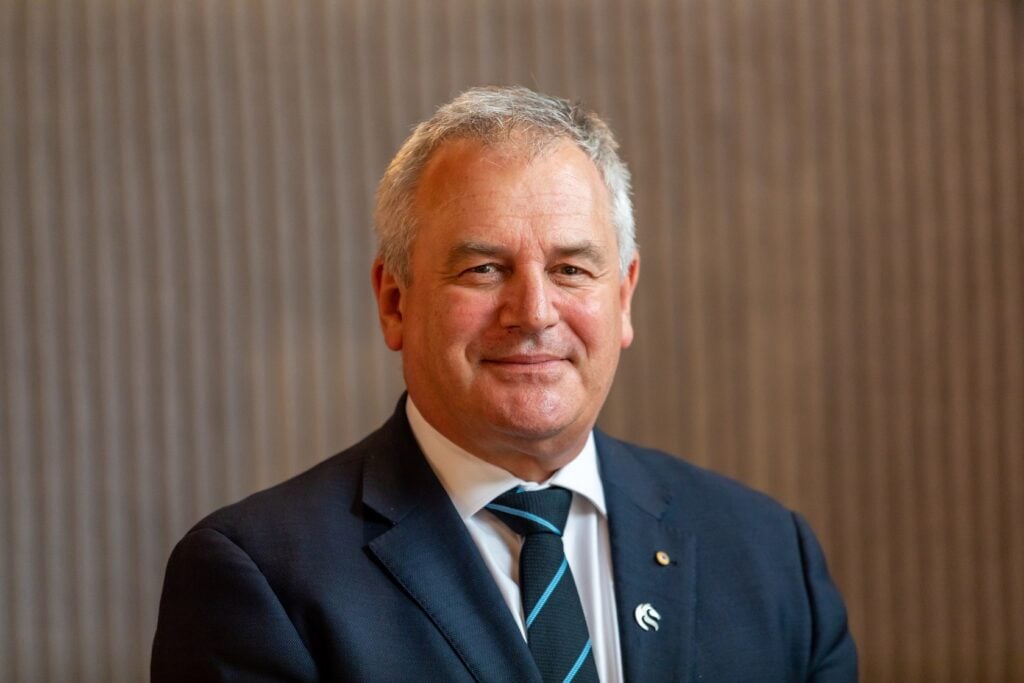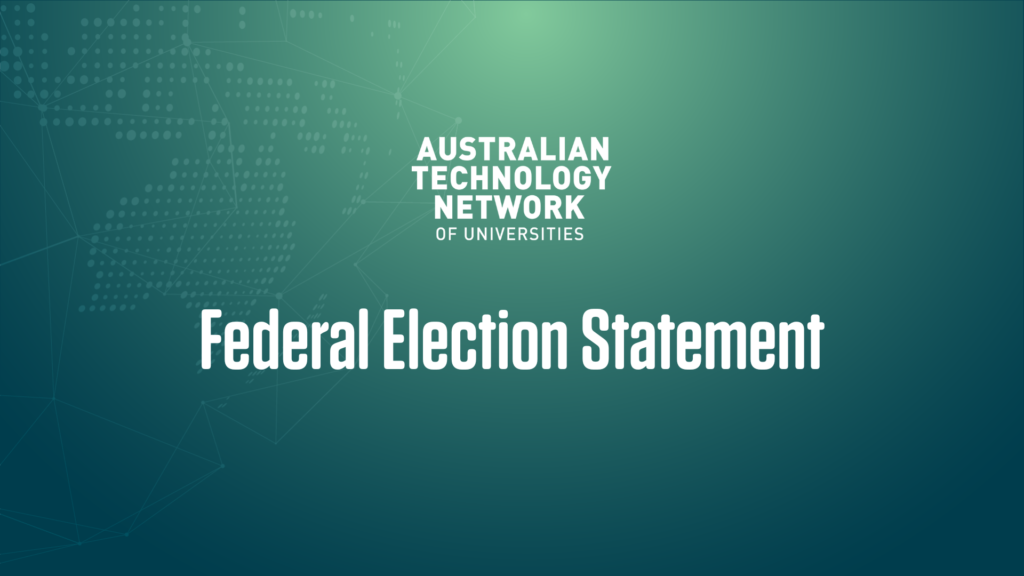ATN Universities Experts on Government Vaping Decision
05 May 2023Experts from across the Australian Technology Network of Universities (ATN) have today commented on the recreational vaping ban announced by the Federal Government. Oliver Jones, Professor of Chemistry at RMIT University, told scimex.org it was a welcome move.

TUESDAY 2 MAY 2023
Media Release – ATN universities experts speak to Scimex on Fed Govt vaping ban

Experts from across the Australian Technology Network of Universities (ATN) have today commented on the recreational vaping ban announced by the Federal Government. Oliver Jones, Professor of Chemistry at RMIT University, told scimex.org it was a welcome move.
“While vaping and e-cigarettes can have a role in supporting smokers who are trying to quit, even these products are not just a ‘safe alternative’ to traditional cigarettes (even though they are often seen like this). We need to keep this in mind for policy and regulation,” Prof. Jones said.
“While the so-called ‘non-nicotine’ vaping products aren’t supposed to contain nicotine, there are many cases of products being falsely labelled as ‘nicotine-free’ or simply not listing nicotine in the ingredients even when it is there. Vapes on the market have also been found to contain all sorts of other potentially harmful chemicals that were not listed on the label. I think there is strong evidence that the current approach isn’t really working. Imposing minimum quality standards and making vapes pharmacy-only won’t solve the problem, but these measures will at least help people be assured of the content of the products they buy – as long as the rules are enforced.
“While there may be potential unintended effects of this decision, for example restricting vaping might drive people back to traditional cigarettes (which are obviously worse), I think these are unlikely.”
Professor Jonine Jancey from Curtin School of Population Health at Curtin University said the new laws will be instrumental in tackling the increase in youth vaping across the nation.
“Vaping has become a major health concern, especially amongst young Australians who are commonly using the products. These reforms are a major step forward in reducing the incidence of vaping and limiting the exposure of the vaping industry,” Prof. Jancey said. Dr Courtney Barnes – Research Fellow at The University of Newcastle – added that vaping rates among young Australians had nearly doubled since 2019.
“Although vapes were first introduced as a tool to help adults quit or reduce smoking, these devices are largely used by youth who are not current or ever-users of tobacco. Whilst the long-term health impacts of vaping are still emerging, research shows that vaping can result in acute lung injury, poisoning, burns and toxicity through inhalation. Specifically, amongst youth, the risk to brain development as a result of consuming nicotine, a common component in these devices, is particularly concerning,” said Dr Barnes.

